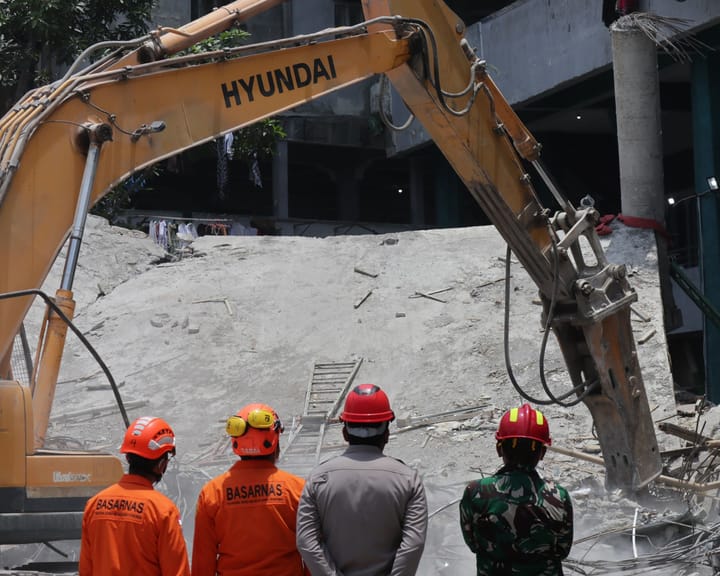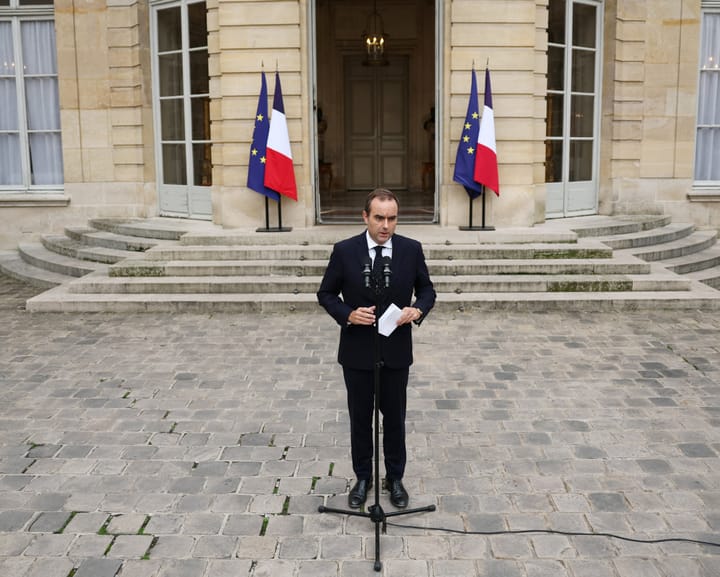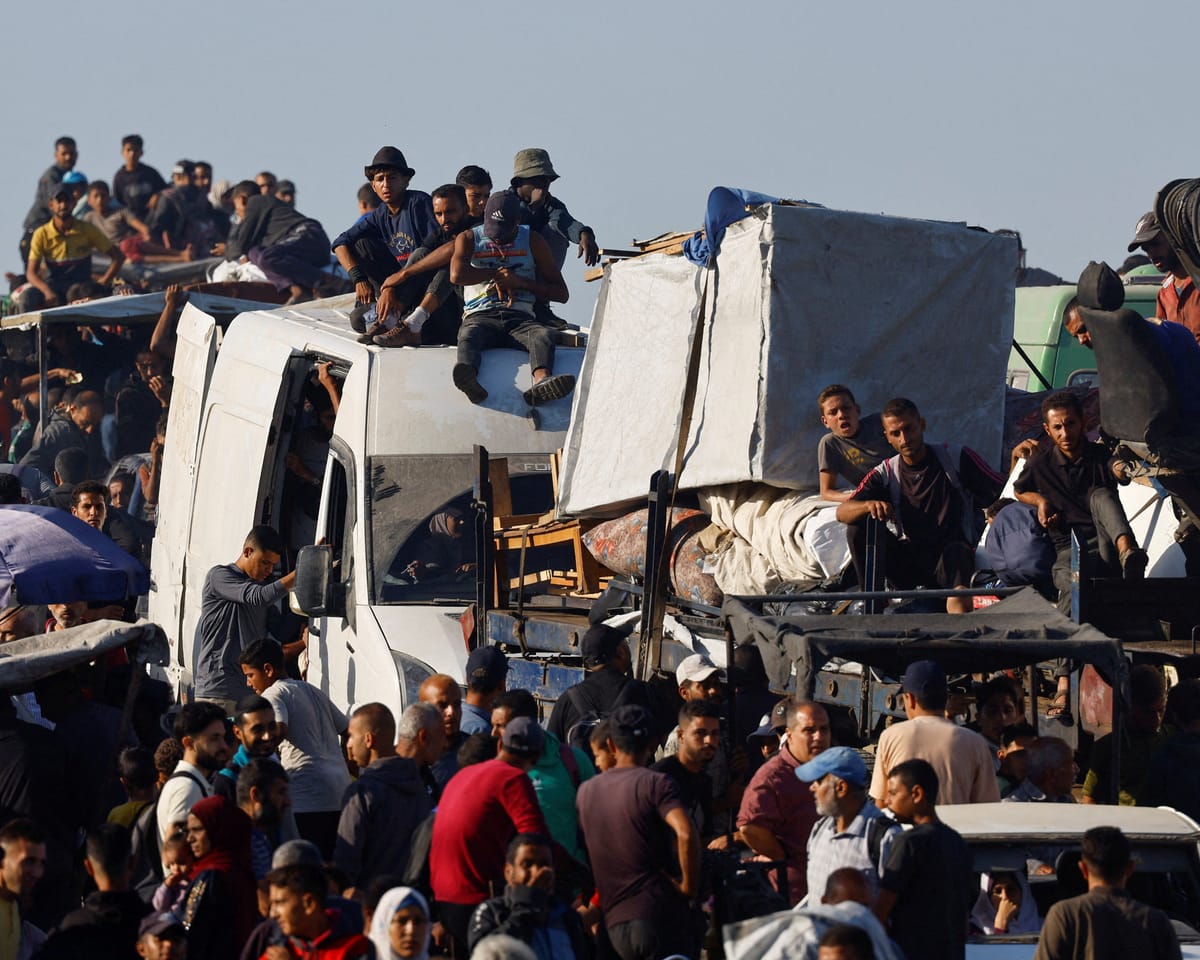Increased Humanitarian Aid to Gaza Set to Begin Sunday – Report
Israel has approved an expansion of aid deliveries to Gaza, with shipments expected to begin on Sunday, according to a United Nations (UN) official. The official, who spoke anonymously as the details were not yet public, confirmed the development to the Associated Press.
The aid aims to alleviate severe malnutrition and hunger caused by military operations and restrictions on humanitarian access. The International Criminal Court has issued arrest warrants for Israeli Prime Minister Benjamin Netanyahu and his former defense minister, accusing them of using starvation as a wartime tactic. Israeli officials reject these claims.
According to the AP, the shipments will include 170,000 metric tons of supplies already stored in neighboring countries, including Jordan and Egypt, pending authorization from Israeli forces.
Over the past day, UN representatives and Israeli authorities held talks in Jerusalem regarding the quantities of aid allowed and the entry points to be used.
UN spokesperson Stéphane Dujarric stated that fuel, medical supplies, and essential materials have begun moving through the Kerem Shalom crossing. The UN has urged Israel to open additional crossings and ensure safe passage for aid workers and civilians returning to areas recently affected by intense fighting.
Tom Fletcher, the UN’s humanitarian affairs chief, reported that only 20% of the required aid has reached Gaza in recent months.
Updated at 10.51 CEST
Israel’s military announced the start of a ceasefire on Friday, with the remaining 48 hostages—approximately 20 still believed alive—scheduled for release by Monday.
Palestinians reported that heavy shelling in parts of Gaza largely ceased following the military’s declaration, according to the AP.
In a televised statement on Friday, Israeli Prime Minister Benjamin Netanyahu said the next phase would involve the disarmament and demilitarization of Hamas.
"If this is achieved peacefully—good. If not, it will be done by force," he said.
The military stated it would maintain defensive operations within the roughly 50% of Gaza still under its control after withdrawing to agreed-upon lines.
Seham Tantesh
Abdel Fattah al-Kurdi struggled to navigate Gaza City upon returning. Though he had left only weeks earlier, the streets were unrecognizable. Buildings he had known since childhood now lay in ruins, their remnants—shattered furniture and broken concrete—scattered across the roads.
Read next

"Indonesia school collapse: rescue efforts conclude with 67 fatalities"
Search Ends After Indonesian School Collapse Leaves Dozens Dead
Indonesian rescuers concluded their search on Tuesday for victims trapped beneath the rubble of a collapsed Islamic boarding school in East Java, after recovering more than 60 bodies, authorities confirmed.
The tragedy in the town of Sidoarjo struck last week when

"French PM makes last-ditch effort to save government as crisis deepens – Europe updates"
France's Political Standoff Continues as Prime Minister Seeks Cross-Party Support
France remains at a political stalemate as the outgoing prime minister, Sébastien Lecornu, makes a final attempt to gather support from rival parties for a new government.
President Emmanuel Macron assigned Lecornu, 39, to form a government in

"Macron calls emergency talks with parties to swiftly pick new PM"
Emmanuel Macron has called upon the leaders of several political factions to his office, urging them to demonstrate "collective responsibility" as he seeks to appoint a new prime minister amid growing political turmoil.
All parties except Marine Le Pen’s far-right National Rally, the largest opposition group, and

